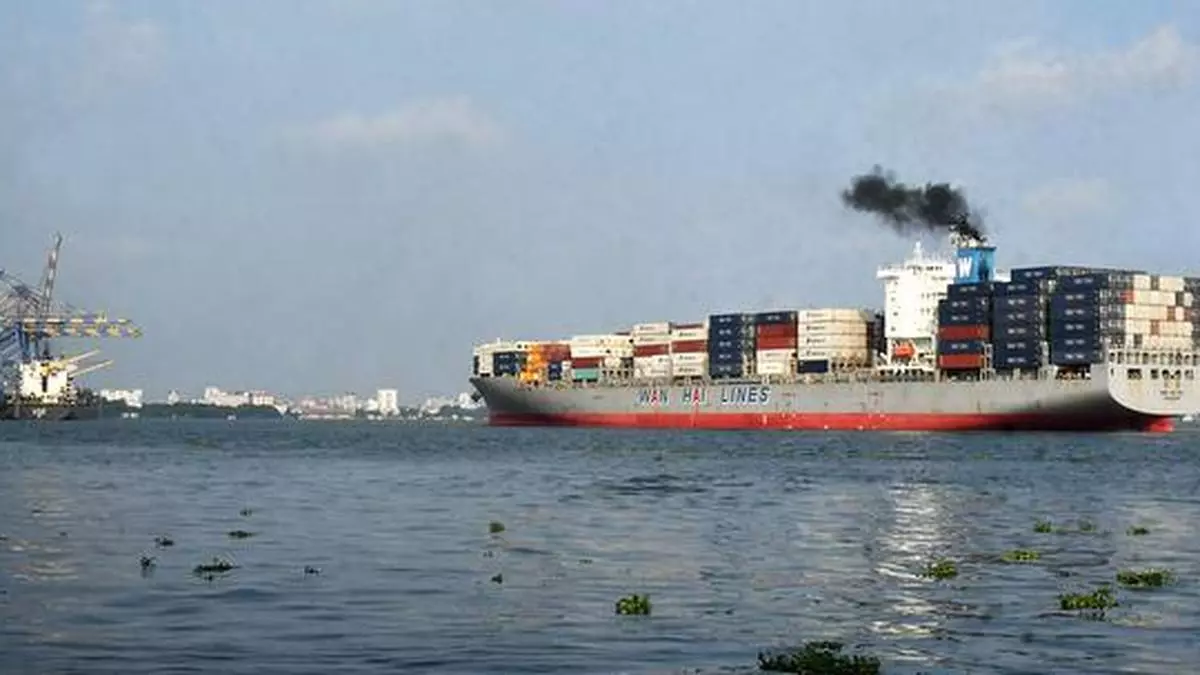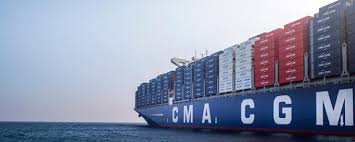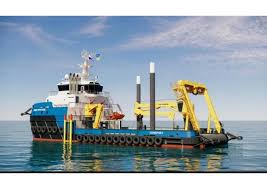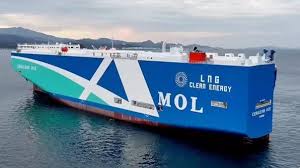India aims to transition to an 80 percent landlord model at major ports by 2030.

The Shipping Ministry plans to adopt an 80 percent landlord model by the end of this decade to improve efficiency and reduce logistics costs at major ports, according to a senior government official. Under this model, private entities manage operational aspects, while the port authority acts as a regulator and landlord.
Speaking at the CII Annual Business Summit 2024, Ports, Shipping and Waterways Secretary TK Ramachandran announced that Jawaharlal Nehru Port (JNPT) has become the first major port in India to fully adopt the landlord model, with all berths operated under the public-private partnership (PPP) model. The PPP model is viewed as a crucial mechanism for attracting investment in the port sector.
“We have 12 major ports, and we have a huge capacity…we want to shift to an 80 percent landlord model by the end of this decade,” Ramachandran stated.
He outlined four strategic pillars the Shipping Ministry is focusing on to enhance cost-efficiency and ease of doing business: developing port-based industrial clusters, boosting investments in the maritime sector, ensuring successful PPPs, and promoting multi-modality.
Additionally, the Shipping Ministry has undertaken reforms to make the port sector more appealing to private investors. This includes overhauling the Major Ports Act and the Inland Vessels Act, as well as revising model concession agreements (MCAs) to be more favourable to the private sector, banks, and investors.











